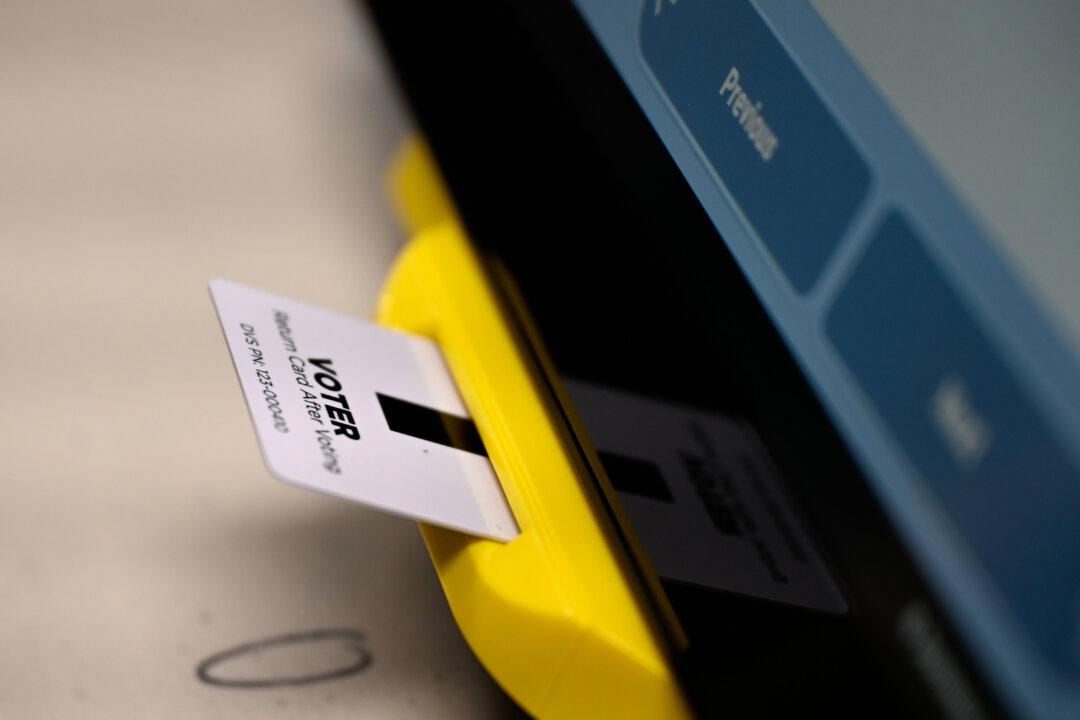A college mathematics professor has apologized for shortcomings in his statistical analysis of Pennsylvania mail-in votes that appeared to reinforce concerns about potential voter fraud.
Steven Miller, a professor of mathematics at Williams College, acknowledged “lack of clarity and due diligence” in crunching the numbers without addressing concerns about the underlying data, while saying he stands by his decision to carry out the analysis. He urged further study to determine “if there are issues,” and find out “how we can do better in future elections.”





